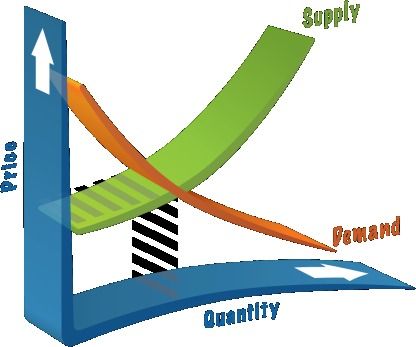This talk was given at a local TEDx event, produced independently of the TED Conferences. Karl explains how the wisdom of crowds can be harnessed in powerful new ways.
Karl is the Founder of slowXchange a London based Internet platform that crowdsources forecasts on the financial performance, creditworthiness and management quality of the world’s top 2,000 listed companies. A CPA with an MBA [Deans List] from Columbia University, he is an inveterate optimist when it comes to the capacities of people and technology to solve today’s problems.
About TEDx, x = independently organized event In the spirit of ideas worth spreading, TEDx is a program of local, self-organized events that bring people together to share a TED-like experience. At a TEDx event, TEDTalks video and live speakers combine to spark deep discussion and connection in a small group. These local, self-organized events are branded TEDx, where x = independently organized TED event. The TED Conference provides general guidance for the TEDx program, but individual TEDx events are self-organized.* (*Subject to certain rules and regulations)







 It’s common to associate deflation with economic ills. One need only glance back at the the last century to conclude that deflation coincides with wars, joblessness, recession and a crippling concentration of wealth. Perhaps, just as bad, the tools used to pull a nation out of deflation often force governments to cherry pick beneficiaries of stimulus spending.
It’s common to associate deflation with economic ills. One need only glance back at the the last century to conclude that deflation coincides with wars, joblessness, recession and a crippling concentration of wealth. Perhaps, just as bad, the tools used to pull a nation out of deflation often force governments to cherry pick beneficiaries of stimulus spending.